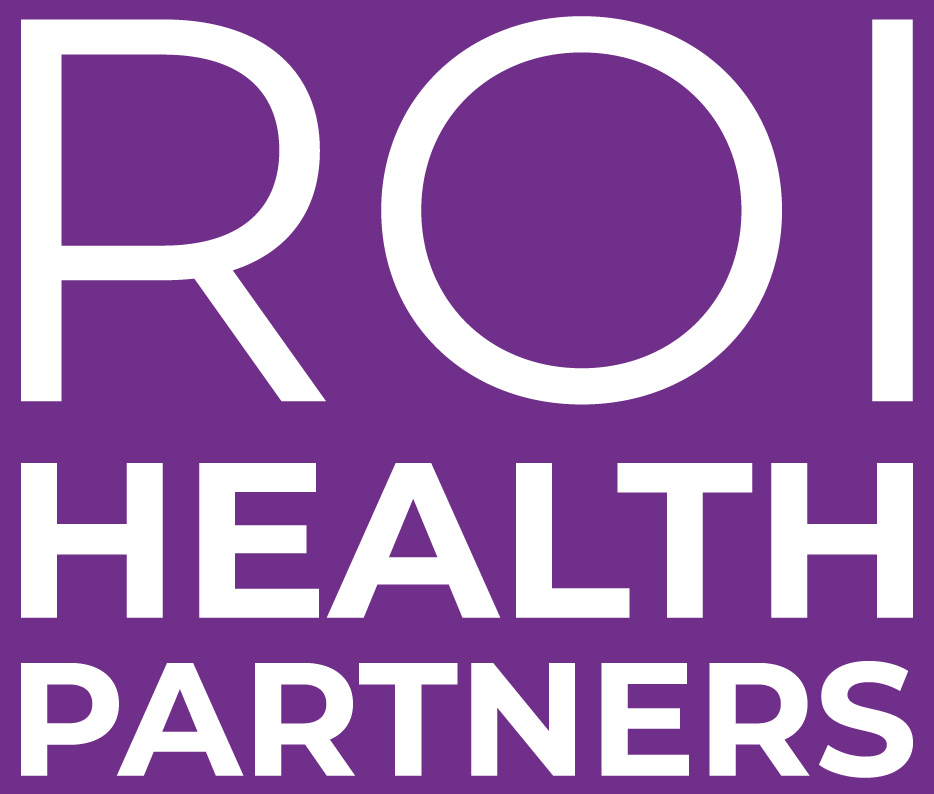Healthcare providers, particularly those performing procedures, are facing significant challenges in today’s economic landscape. The core issues revolve around escalating operational costs, stagnating or declining reimbursements, and complexities in insurance collections. These challenges not only threaten the financial stability of healthcare facilities but also impact the quality and accessibility of patient care.
Adam Bruggeman, MD, an Orthopedic Surgeon at Texas Spine Care Center, highlights a critical aspect of the reimbursement dilemma: “Physician reimbursement continues to be a budgetary item for our government, meaning that physicians are not paid based on the actual value of the services they provide, nor see increases based on the cost of providing those services.” This statement underscores the disconnection between reimbursement rates and the actual cost of delivering healthcare services, which fails to account for inflation and the rising expenses associated with providing care.
The sentiment is echoed by Alex Portillo, RN, BSN, Administrator of Manhattan Surgery Center, who expresses concern over the disparity in reimbursement rates between Ambulatory Surgery Centers (ASCs) and hospitals: “My biggest concern is the pushback we’re likely to receive from insurance companies continuing to underpay ASCs for procedures when compared to hospitals.” This discrepancy not only undermines the financial viability of ASCs but also impedes the transition of care from hospital settings to more cost-effective outpatient environments.
On the frontline of the battle against rising costs is Alyson Engle, MD, a Pain Medicine Physician at Northwestern Medical Group, who points out the unsustainable trend in the healthcare economy: “Procedure reimbursements have failed to keep up with inflation and do not reflect the increased work demands of physicians. Insurance company profits soar while physician salaries decline.” This stark contrast between the financial gains of insurance companies and the declining compensation of healthcare providers signals a disturbing trend that could deter physicians from remaining in the workforce, thereby exacerbating the existing challenges in healthcare delivery.
The struggle to maintain operational efficiency in the face of financial constraints is also highlighted by Andrew Lovewell, CEO of Columbia Orthopedic Group: “Running a practice today costs substantially more than it did five years ago, but the reimbursement for services hasn’t been increased to offset or equalize the increased costs.” This statement encapsulates the broader issue faced by healthcare providers: the increasing burden of operational costs, including salaries, wages, and benefits, which are not adequately compensated by current reimbursement rates.
These quotes from healthcare leaders provide a snapshot of the multifaceted challenges confronting the healthcare sector, particularly for those involved in procedural care. The issues of inadequate reimbursement rates, rising operational costs, and the complexities of insurance collections form a triad of obstacles that healthcare providers must navigate to ensure the sustainability of their practices and the continued delivery of high-quality patient care.
As the healthcare landscape continues to evolve, addressing these challenges will be paramount for the long-term viability of healthcare facilities and the well-being of the patients they serve.
Scott Sumerford, VP ROI Health Partners
ROI Health Partners specializes in offering marketing solutions and services tailored to the unique needs of healthcare providers. Our approach is centered around enhancing operational efficiency and maximizing marketing spend, thereby ensuring that healthcare facilities can attract more patient consults at a lower cost. This strategic focus on efficiency and cost-effectiveness is crucial in an environment where every dollar saved and every new patient gained can make a significant difference to the bottom line.
For healthcare providers grappling with the challenge of lower reimbursements, the services offered by ROI Health Partners can be a game-changer. By leveraging data-driven marketing strategies and cutting-edge digital tools, we help healthcare facilities to enhance their online presence, reach a wider audience, and effectively communicate their value proposition to potential patients. This targeted approach to marketing ensures that healthcare providers can attract the right patients — those who are actively seeking the specific procedures and services they offer.
Moreover, ROI Health Partners understands the importance of return on investment (ROI) in the healthcare sector. With tight budgets and financial constraints, healthcare providers need assurance that their marketing spend will yield tangible results. By focusing on metrics such as patient acquisition cost, conversion rates, and patient lifetime value, ROI Health Partners helps healthcare facilities to optimize their marketing strategies for maximum impact. This data-driven approach ensures that marketing dollars are spent wisely, leading to more patient consults and, ultimately, a healthier bottom line.
In addition to attracting new patients, ROI Health Partners also emphasizes the importance of patient retention and satisfaction. In a competitive healthcare market, ensuring that patients have a positive experience from their first interaction online to their post-procedure care is paramount. Happy patients are more likely to return for future services and to refer others, creating a virtuous cycle that can significantly enhance a healthcare facility’s reputation and financial health.
As healthcare providers navigate the challenges of rising costs and lower reimbursements, partnering with a firm like ROI Health Partners offers a strategic pathway to balancing these pressures. Through efficient and effective marketing solutions, healthcare facilities can not only survive but thrive in today’s complex healthcare landscape. By maximizing their marketing spend and attracting more patient consults at lower costs, healthcare providers can ensure the sustainability of their practices and continue to deliver high-quality patient care, ultimately contributing to the well-being of the communities they serve.


